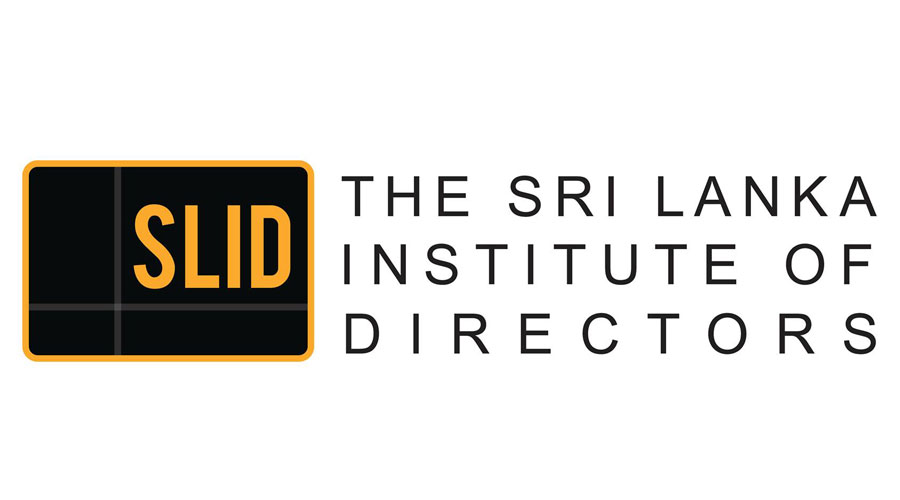In his opening remarks, SLID Chairman Faizal Salieh said
“We at SLID recognize the presence, growth, and importance of family businesses in the economy of our country.
The formation of this dedicated forum is our response to the emerging need to support and enable directors, aspiring directors, and senior managers of family-owned businesses to sharpen their competencies through the process of knowledge, skills, and experience sharing, education, and training in the various areas of good business governance.
Family businesses demonstrate a great degree of entrepreneurial skills, spirit, passion, and drive which are essential ingredients in business and are important factors for economic growth but most of them don’t survive beyond the second or third generation.
“We are in collaboration with KPMG as our strategic knowledge partner in this initiative and we shall also access the global network of director institutes to bring the most up to date knowledge and information on how family businesses are transforming and transitioning in other countries” he added.
Imtiaz Eusufally, Chairman of SLID’s Family Business Forum said “Family-owned businesses in Sri Lanka are the backbone of the private sector economy.
Their effective governance and generational transformation can create immense value to our economy and society.
There are common challenges that all family-owned businesses will face” and added,
“Our objective in this forum is to be a catalyst in sharing knowledge and engaging in discussions of best practices of corporate and family governance in family businesses and addressing the business-owning families’ generational transformation, leadership succession, and stewardship for the next generation”.
The SLID Family Business Forum’s Working Committee comprises Imtiaz Esufally, Director of Hemas Group, Thamali Rodrigo, Partner and Head of Corporate Governance & Enterprise Advisory at KPMG, Fazal Fouz, Director of Rainco (Pvt) Ltd, and Eshan Tudawe, Director of Tudawe Brothers.
Prakash Schaffer is the SLID’s assigned Council member and eminent business leaders Sherard Amalean of MAS Holdings, Ashroff Omar of Brandix and Shiromal Cooray of Jetwing Travels will sit on the Advisory Committee.
Delivering his keynote address on “Building Lasting Businesses”, founding director of the Thomas Schimidheiny Center for Family Enterprises, Indian School of Business, Prof. Kavil Ramachandran said that most businesses across the world are family-controlled and that the percentage holding may vary varying from country to country.
“The extent of the family in the business is different, but the destiny of any economy is driven, determined, and directed by business families.
Discussion on family businesses was non-existent until about 15-20 years ago and they were considered bad, unscrupulous, and unprofessional.
However, it is now recognized that family businesses are fantastic entities and that they create, support, and facilitate the growth of the economy” and added that while some family businesses flourish due to clarity of strategy, governance and practice, and professionalization where stewardship as a value is not only propagated but also practiced by the family, some suffer due to harmony and governance drifting towards hostility and destruction.
Sharing her experience in working together with family businesses through her presentation titled “Insight into Family Business and Governance in Sri Lanka”, Thamali Rodrigo categorized a family business into 3 elements of family, business, and succession and said that family support for the business is a major strength in Sri Lanka which helped to successfully tide over many economic challenges and crises including the present one by taking a long-term view of the business.
She added that there are 3 common misconceptions amongst families, the first being “if you own you must manage” which may be damaging to the business as well as the family and that ownership is inheritance, but management is based on capability.
This leads to reluctance in professionalizing the Boards resulting in family-only Boards.
The second is that the owners should accumulate wealth in the business and salary does not matter and the third is that you are an owner, and no one wants to discuss how to exit.
She further said that providing clarity and managing expectations through a Governance process is important.
The webinar ended with an active Q & A session.






















